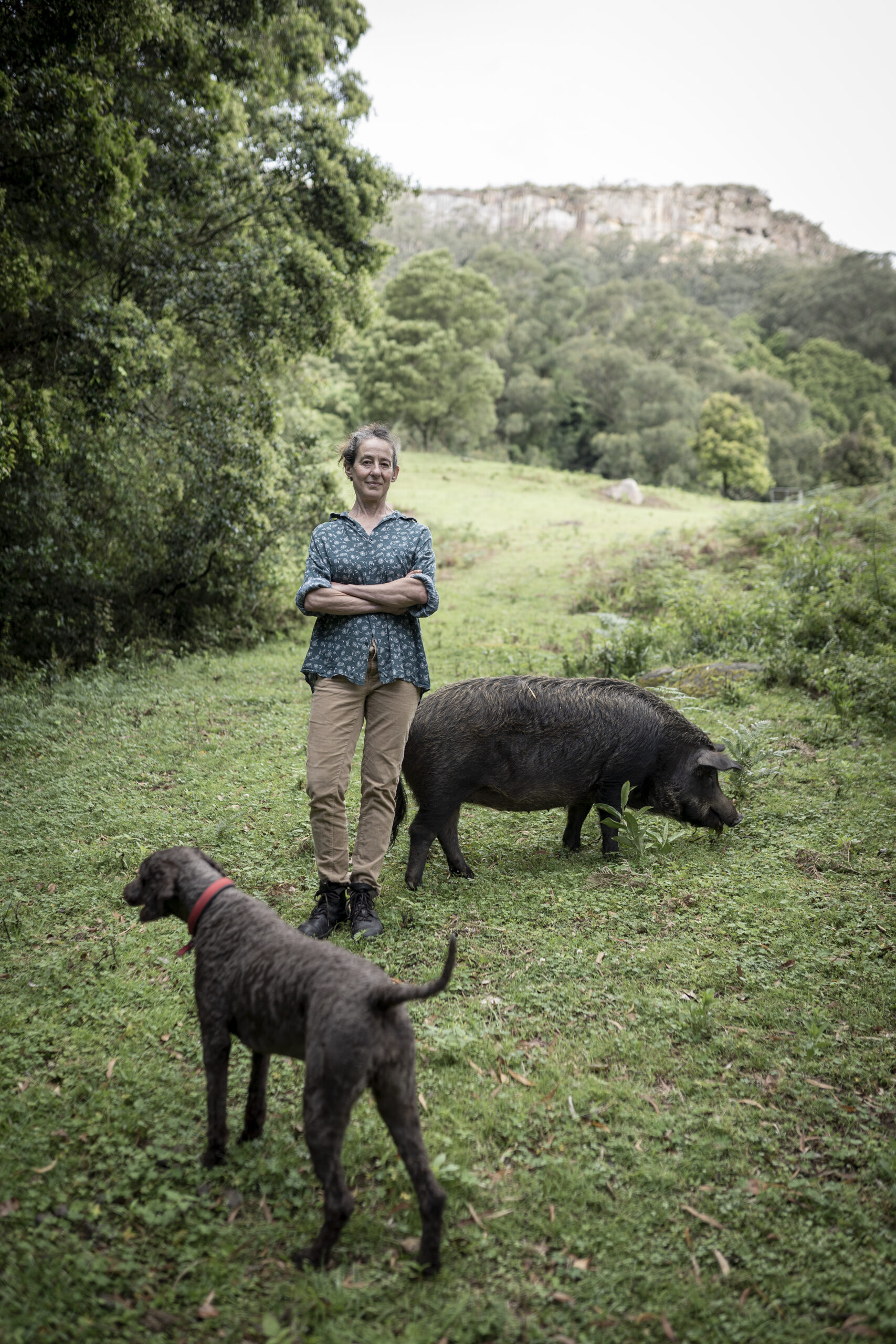MELBOURNE – Last month, a steer escaped from a slaughterhouse in the New York City borough of Queens. Video of the animal trotting down a busy street was soon featured on many media outlets. For those who care about animals, the story has a happy ending: The steer was captured and taken to a sanctuary, where he will live out the remainder of his natural life.
To me, however, the most interesting aspect of the story was the language that the media used to refer to the animal. The New York Times had a headline that read: “Cow Who Escaped New York Slaughterhouse Finds Sanctuary.” Animal advocates have long struggled against the convention of reserving “who” for people, and using “that” or “which” for animals. Not all languages make this distinction, but in English, to refer to “the cow that escaped” seems to deny the animal’s agency. We would all say “the prisoner who escaped” but “the rock that rolled down the hill.”
It would be premature to conclude that the New York Times article indicates a shift in usage. Rather, it seems to show uncertainty, for the first line of the article refers to “A cow that was captured by police.”
I asked Philip Corbett, the standards editor for the New York Times, if the use of “cow who” reflected a change of policy. He told me that the Times style manual, like that of the Associated Press, suggested using “who” only for a named or personified animal. The manual gives the example “The dog, which was lost, howled” and contrasts this with “Adelaide, who was lost, howled.”
Corbett added that the editors may have been caught between the two examples. The cow, or rather steer, did not have a name at the time of the escape, but was given one – Freddie – by Mike Stura, the founder of Freddie’s new home, Skylands Animal Sanctuary & Rescue.
Among media reporting the story, some used “who” and others “that.” A little searching on Google also shows mixed usage. Put in “cow who” and you get nearly 400,000 hits, compared to nearly 600,000 for “cow that.” If you substitute “dog” for “cow,” the numbers get closer – more than eight million for “dog who” and over ten million for “dog that.”
This could be because most of the dog stories are about people’s pets, who have names. Yet, if Google is any indication, chimpanzees, who are rarely pets, are referred to as “who” almost twice as often as they are referred to as “that.” Their similarity to us, and their undeniable individuality, must be playing a role. For gorillas and orangutans, too, “who” is more common than “that.”
Google Ngram, which charts the frequencies of words or phrases in printed sources in different years, provides another interesting perspective. Whereas there were more than ten references to “cow that” for every reference to “cow who” in 1920, by 2000 the ratio had dropped to less than five to one. It seems that we are personifying cows more, despite the fact that many family-run dairy farms, in which the farmer knows every cow, have been replaced by corporate-run factory farms with thousands of nameless animals.
More surprising, perhaps, is that using “who” apparently is becoming more acceptable even for animals who are not pets and are less likely than great apes to be thought of as individuals. It’s hard to connect canned tuna with an individual fish, let alone to think of that fish as a person, but the writer Sean Thomason recently tweeted about “the tuna who died to get put in a can that wound up in the back of my cabinet until past expiration and which I just threw away.”
Many social movements recognize that language matters because it both reflects and reinforces injustices that need to be remedied. Feminists have provided evidence that the supposedly gender-neutral use of “man” and “he” to include females has the effect of making women invisible.
Several remedies have been proposed, the most successful of which may be the use of the plural “they” in contexts like “Each person should collect their belongings.” Terms used for members of racial minorities, and for people with disabilities, have also been challenged, to such an extent that it can be hard to keep up with the terms preferred by those in these categories.
The use of “who” for animals ranks alongside these other linguistic reforms. In most legal systems today, animals are property, just as tables and chairs are. They may be protected under animal welfare legislation, but that is not enough to prevent them being things, because antiquities and areas of natural beauty are also protected. English usage should change to make it clear that animals are fundamentally more like us than they are like tables and chairs, paintings and mountains.
The law is starting to show signs of change. In 1992, Switzerland became the first country to include a statement about protecting the dignity of animals in its constitution; Germany followed ten years later. In 2009, the European Union amended its fundamental treaty to include a statement that because animals are sentient beings, the EU and its member states must, in formulating policies for agriculture, fisheries, research, and several other areas, “pay full regard to the welfare requirements of animals.”
In a language like English, which implicitly categorizes animals as things rather than persons, adopting the personal pronoun would embody the same recognition – and remind us who animals really are.
 Peter Singer has written, co-authored, edited or co-edited more than 40 books, including Animal Liberation, Practical Ethics; Pushing Time Away, The Life You Can Save, and The Most Good You Can Do. His writings have inspired both the animal rights movement and effective altruism. His most recent book, Famine, Affluence and Morality, reprints one of his best-known essays. He holds a chair in bioethics at Princeton University and now spends part of each year at the University of Melbourne.
Peter Singer has written, co-authored, edited or co-edited more than 40 books, including Animal Liberation, Practical Ethics; Pushing Time Away, The Life You Can Save, and The Most Good You Can Do. His writings have inspired both the animal rights movement and effective altruism. His most recent book, Famine, Affluence and Morality, reprints one of his best-known essays. He holds a chair in bioethics at Princeton University and now spends part of each year at the University of Melbourne.
Re-posted from Project Syndicate – https://www.project-syndicate.org/commentary/pronouns-greater-recognition-for-animals-by-peter-singer-2016-02



